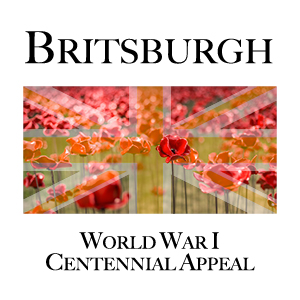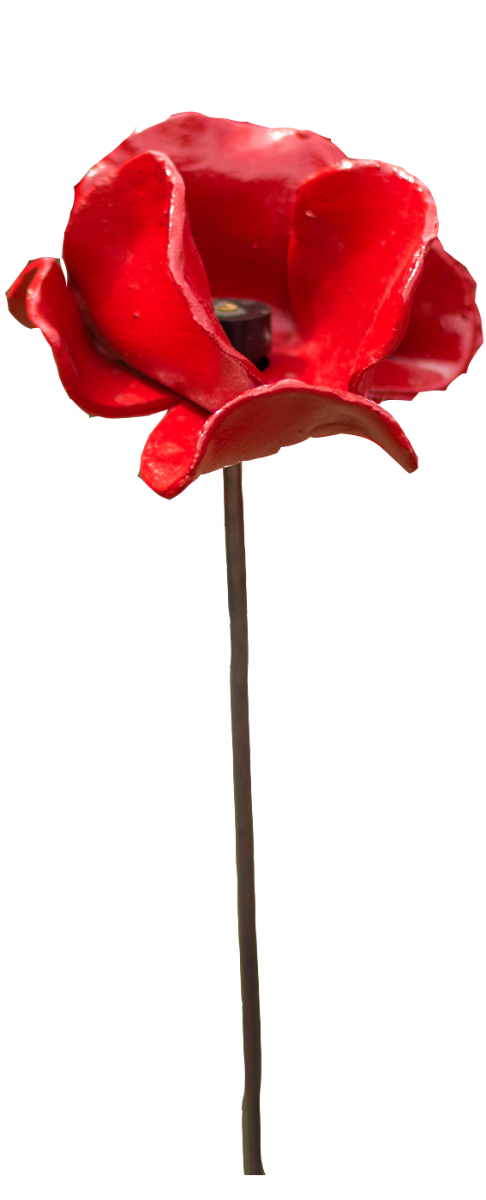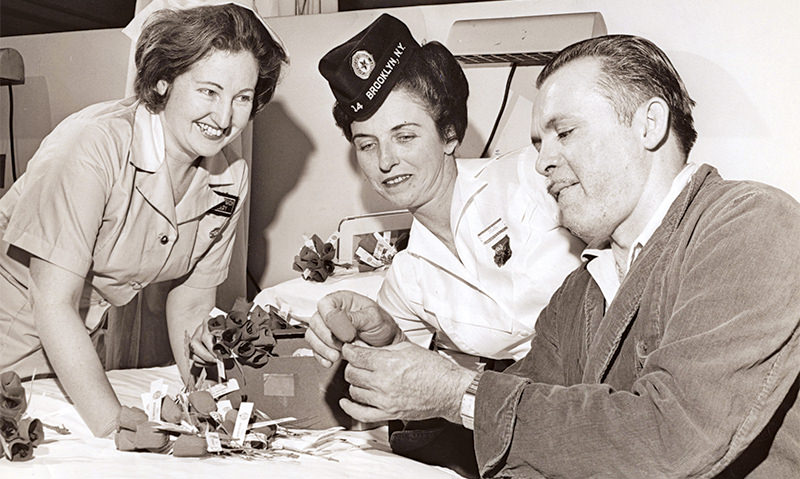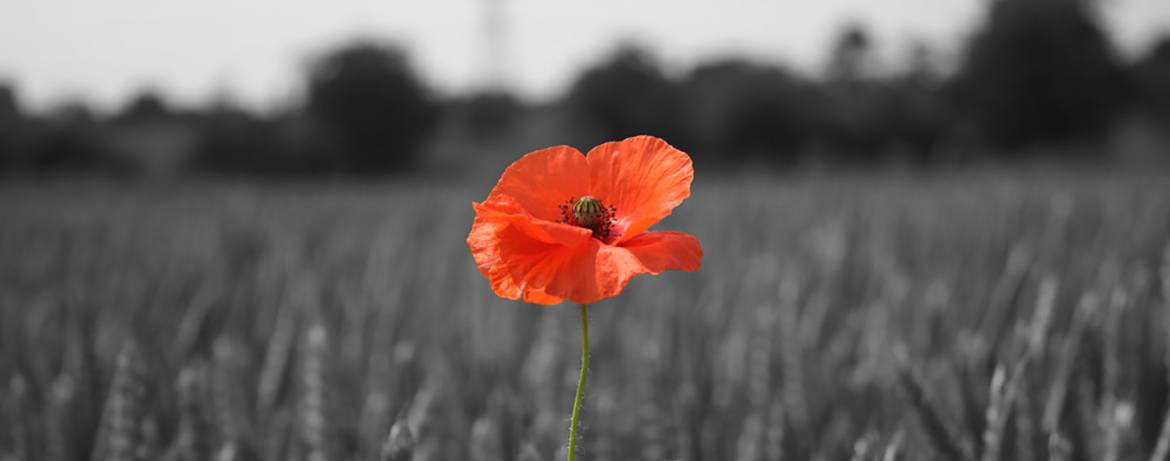
During the centennial year of World War I Britsburgh is raising funds for veterans from November 11, 2017 to November 11, 2018 - the centennial anniversary year marking the last year of World War I. Through our collaboration on the "Pittsburgh in World War I" series, Britsburgh and its partners seek to honour those who gave their lives in defense of freedom, the veterans of all wars that remain and increase awareness such that the youth of today will remember and learn from the great sacrifice made on their behalf.
Donate to the Britsburgh World War I Cenntenial Appeal today please. Thank you!
Britsburgh receives acknowledgment from Buckingham Palace
Buckingham Palace, 22nd September, 2017 (extract)
“It was most thoughtful of you to wish to make The Queen aware of your intention to hold a series of memorial events beginning on 11th November in commemoration of The Great War, and I think you would like to know that Her Majesty is second to none in her admiration of those who put their lives at risk in the service of their country and for the loved ones they leave at home.
The Queen was deeply touched that you should wish to share your plans with her.”
‘Pittsburgh Remembers’
The Poppy is globally recognised as the symbol of remembrance, but in recent years has become less worn in the United States. Through this appeal and our planned Pittsburgh in World War I series of events, Britsburgh hopes that the people of Pittsburgh will re-embrace the Poppy as a symbol of remembrance. In so doing we will raise funds for veterans from all wars.
Through the World War I Centennial Appeal and our planned Pittsburgh in World War I series of events, Britsburgh hopes that the people of Pittsburgh will re-embrace the Poppy as a symbol of remembrance. Beginning immediately, we will offer Royal British Legion poppies to the public in exchange for a small donation (suggested $1). These can be worn with pride as we remember the sacrifice of our veterans.
The Story of the Poppy
 During the First World War (1914–1918) much of the fighting took place in France and Belgium, which became known as the Western Front. Previously beautiful countryside was blasted, bombed and fought over, again and again. The landscape swiftly turned to fields of mud: bleak and barren scenes where little or nothing could grow. Bright red Flanders poppies (Papaver rhoeas) however, were delicate but resilient flowers and grew in their thousands, flourishing even in the middle of chaos and destruction. During the First World War (1914–1918) much of the fighting took place in France and Belgium, which became known as the Western Front. Previously beautiful countryside was blasted, bombed and fought over, again and again. The landscape swiftly turned to fields of mud: bleak and barren scenes where little or nothing could grow. Bright red Flanders poppies (Papaver rhoeas) however, were delicate but resilient flowers and grew in their thousands, flourishing even in the middle of chaos and destruction.
In the spring of 1915, shortly after losing a friend in Ypres, Belgium, a Canadian doctor, Lieutenant Colonel John McCrae was inspired by the sight of poppies growing in battle-scarred fields to write a now famous poem called “In Flanders’ Fields”. After the First World War, the poppy was adopted as a symbol of Remembrance.
McCrae’s poem led an American academic, Moina Michael, to make and sell red silk poppies which were brought to England by a French woman, Anna Guérin. The (Royal) British Legion, formed in 1921, ordered 9 million of these poppies and sold them on 11 November that year. The poppies sold out almost immediately and that first ever 'Poppy Appeal' raised over £106,000, a considerable amount of money at the time. This was used to help WWI veterans with employment and housing.

The Poem - In Fanders' Fields
In Flanders' fields the poppies blow
Between the crosses, row on row,
That mark our place: and in the sky
The larks, still bravely singing, fly
Scarce heard amid the guns below.
We are the dead. Short days ago
We lived, felt dawn, saw sunset glow,
Loved and were loved, and now we lie
In Flanders' fields.
Take up our quarrel with the foe;
To you from failing hands we throw
The torch; be yours to hold it high,
If ye break faith with us who die
We shall not sleep, though poppies grow
In Flanders' Fields.

What the Poppy Means
The poppy is:
-
A symbol of Remembrance and hope
-
Worn by millions of people
-
Red because of the natural colour of field poppies
The poppy is NOT:
-
A symbol of death or a sign of support for war
-
A reflection of politics or religion
-
Red to reflect the colour of blood
Wearing a poppy is a personal choice and reflects individual and personal memories. It is not compulsory but is greatly appreciated by those it helps – our beneficiaries: those currently serving in the military, veterans, and their families and dependants.
Our Charity Partners:
Thank you for your donation! | 




















 During the First World War (1914–1918) much of the fighting took place in France and Belgium, which became known as the Western Front. Previously beautiful countryside was blasted, bombed and fought over, again and again. The landscape swiftly turned to fields of mud: bleak and barren scenes where little or nothing could grow. Bright red Flanders poppies (Papaver rhoeas) however, were delicate but resilient flowers and grew in their thousands, flourishing even in the middle of chaos and destruction.
During the First World War (1914–1918) much of the fighting took place in France and Belgium, which became known as the Western Front. Previously beautiful countryside was blasted, bombed and fought over, again and again. The landscape swiftly turned to fields of mud: bleak and barren scenes where little or nothing could grow. Bright red Flanders poppies (Papaver rhoeas) however, were delicate but resilient flowers and grew in their thousands, flourishing even in the middle of chaos and destruction.
